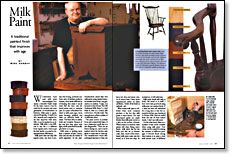
Synopsis: Milk paint is quick, easy, and forgiving. Its finish is rich, lustrous, and complex, and it improves with time. Mike Dunbar explains in this article how it is different from regular paint, how to prepare a surface, how to apply each coat, and how to seal a Milk Paint finish with oil. A mixture of lime, casein, clays, and earth pigments, Milk Paint starts in powder form and is mix with water; there are no fumes and is safe to wash down the drain. Dunbar explores its benefits and limitations.
Woodworkers have used milk paint since antiquity. It remains a desirable finish today for the same reason it was favored by the ancients and every generation of woodworkers in between. Milk paint is quick, easy and forgiving. It results in a rich, lustrous and complex finish that improves with time. Still, it can be applied in a afternoon. Milk paint is not difficult to use, but it is different from regular paint. And to get the best results, you need to understand those differences.
Milk paint does not chip like regular paint, nor does it produce the boring, perfectly uniform color of modern products. Instead it had subtle differences of shading that make it much more like the lead- and oil- based paints used in centuries past. As a piece of furniture finished in milk paint ages, worn paint becomes polished and takes on different levels of sheen. The final effect is subtle, lively and complex. Because of the way this wear plays with light, a milk-paint finish actually gets better as it ages.
Milk paint is nothing more than a mixture of lime, casein, clays and any one of a variety of earth pigments. In the past, woodworkers mixed their own milk paints using simple formulas handed down from one generation to another. Today, it is far easier to buy it from The Old Fashioned Milk Paint Co. The manufacturer offers a palette of 16 different colors.
From Fine Woodworking #136
For the full article, download the PDF below:
Fine Woodworking Recommended Products
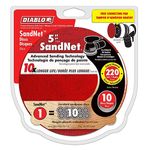
Diablo ‘SandNet’ Sanding Discs
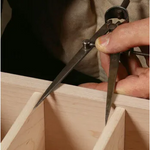
Dividers
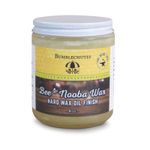
Bumblechutes Bee’Nooba Wax
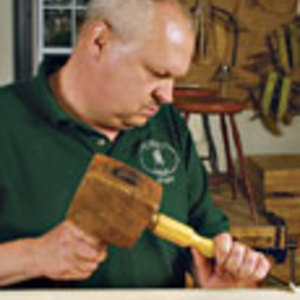












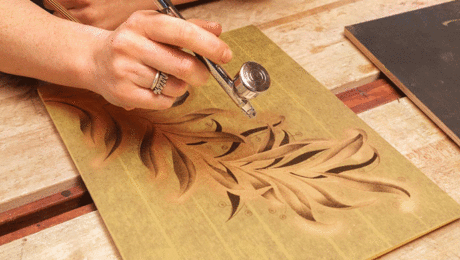
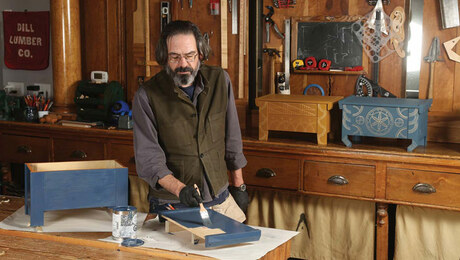








Log in or create an account to post a comment.
Sign up Log in